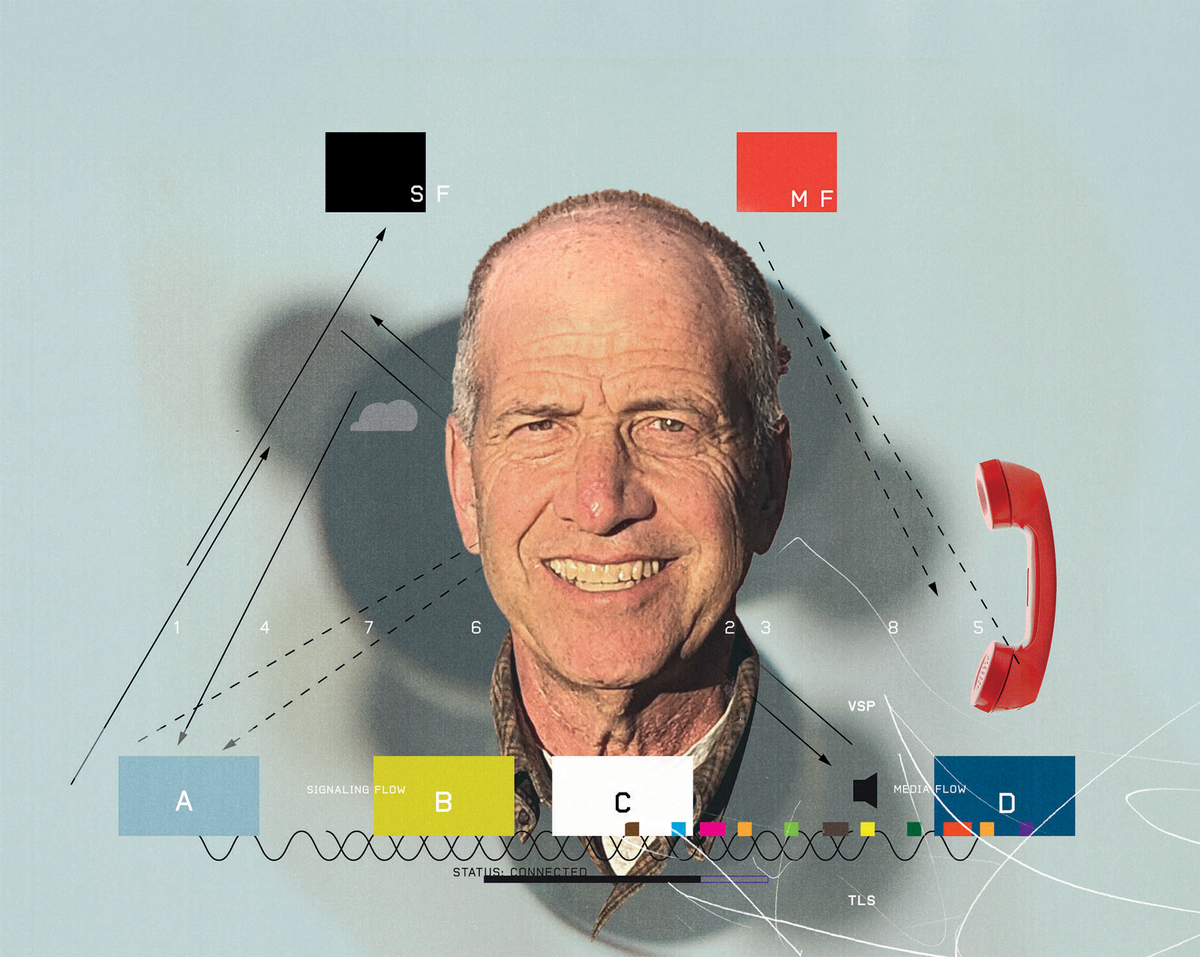Education is changing fundamentally. STEM workforce shortages and a push for more diverse hiring practices have created opportunities for students and workforce professionals to explore science, technology, engineering, and math careers that might not have been available even 10 years ago. IEEE and other education providers are working to offer foundational STEM learning experiences, as well as the reskilling and upskilling opportunities required to support the workforce of the future.
At the preuniversity level, students have both in-class and extracurricular opportunities to engage in STEM education. Hands-on labs, robotics competitions, summer engineering camps and maker spaces are just a few of the opportunities to help interest children in STEM careers. Private and public investments are being made to ensure that kids of diverse backgrounds can access the educational opportunities.
University programs are moving away from traditional lectures to flipped classrooms and hands-on labs, and from traditional textbooks to bite-size digital media, with an increased focus on engaging students as they grow.
Continuing professional education programs also are evolving, with organizations and governments investing in technical upskilling and reskilling programs to prepare employees for the economies of tomorrow.
Companies are finding it difficult to fill many technical roles because of the shortage of qualified candidates, so they are turning their attention to internal education programs as well as alternative degrees and education programs.
LEADING THE WAY
With the vast technical expertise of its 400,000-plus members and volunteers, IEEE is a leader in engineering and technology education. Its technical societies and councils, sections, and regional groups offer educational events and resources at every level to support technical professions and prepare the workforce of tomorrow.
From preuniversity STEM programs, mentorships and engineering summer camps to scholarships, accreditation, and faculty support at the university level, to continuing professional education through conferences and online platforms such as the IEEE Learning Network, there are many educational opportunities designed to support the profession and help people improve their skills.
From 4 to 8 April, IEEE is highlighting many of its resources for students, educators, and technical professionals with the annual IEEE Education Week. It celebrates educational opportunities provided by the world’s largest technical professional association and its many organizational units, societies, and councils.
EDUCATION WEEK OFFERINGS
Here are some of the events and resources available during IEEE Education Week:
Preuniversity
- Live Virtual Event: 6 April 1:30 p.m. to 2:30 p.m. ET. Deepen Secondary Student Engagement in STEM Through the Lens of History
- Website: TryEngineering.org. TryEngineering aims to empower educators to foster the next generation of technology innovators. We provide educators and students with resources, lesson plans, and activities that engage and inspire.
- Video: To Engineer is Human.
University
- Live Event: 9 April. IEEE Communications Society Student Tech Leaders Conference. This one-day event is being planned to develop and expand the foundational understanding of students to IEEE and IEEE Communications Society activities that are designed to grow career professionals in the field.
- Live Virtual Event: 5 April, 9 a.m. to 10:30 a.m. ET, Diversity in STEM Round Table/Panel Discussion.
- Website: Teaching Excellence Hub. A website from the IEEE Education Society and the IEEE Educational Activities Board that provides articles and links to events and resources for those teaching engineering, computing, and technology at the university level.
- Podcast: The HKN Connection. This podcast series gives behind-the-scenes access to the honor society from those who know it best: our volunteers, staff and partners.
Continuing Professional Education
- Live Virtual Event: 5 April, 1 p.m. to 2 p.m. ET. IEEE Education: Why Lifelong Learning is an Essential Part of Your Professional Home. Join IEEE President Ray Liu during IEEE Education Week to discover why lifelong learning and continuing education are an essential part of what makes IEEE the professional home for hundreds of thousands of IEEE members around the globe.
- Website: IEEE Learning Network: Explore hundreds of hours of continuing education courses from IEEE, all in one place.
- On-Demand Webinar Series: IEEE Digital Reality Webinar Series. The IEEE Digital Reality Webinar Series explores the latest innovations and challenges in the realm of digital reality. Hear from leading technologists about artificial reality, virtual reality, and mixed reality, human augmentation, immersive and related technologies, how they are affecting industries today, and how they will impact our future tomorrow.
Participants will have a chance to earn points toward an IEEE Education Week digital badge by participating in various events, and then completing daily quizzes on the website.
Check out the IEEE Education Week video to learn more.
You do not need to be an IEEE member to participate; however, members receive discounted or free access to many of the events and resources.
If you’re not an IEEE member, now would be a great time to join.
HOW TO GET INVOLVED
IEEE-affiliated groups can participate in Education Week, by offering educational events, resources, and discounted courses.
This article was updated on 18 March 2022.



